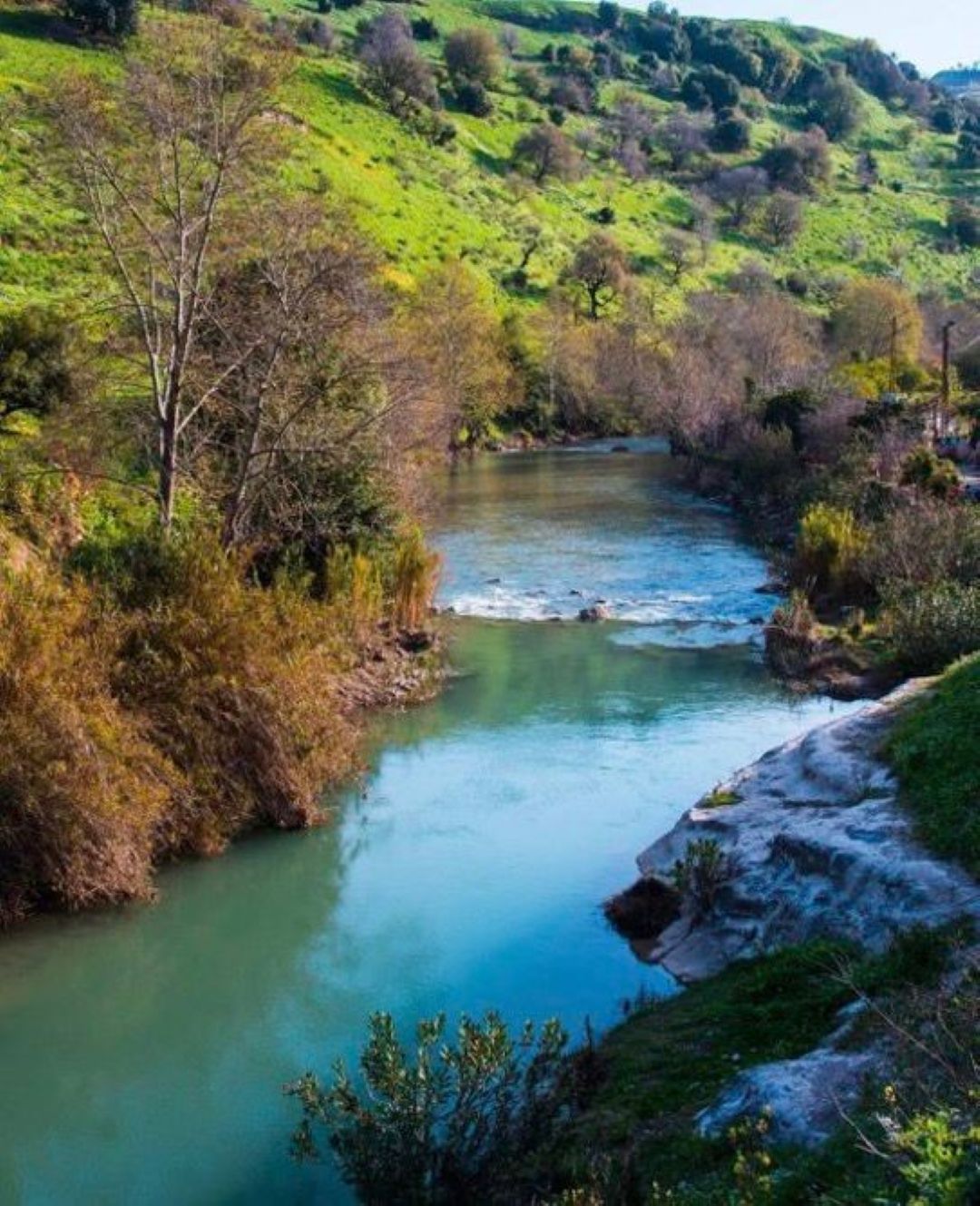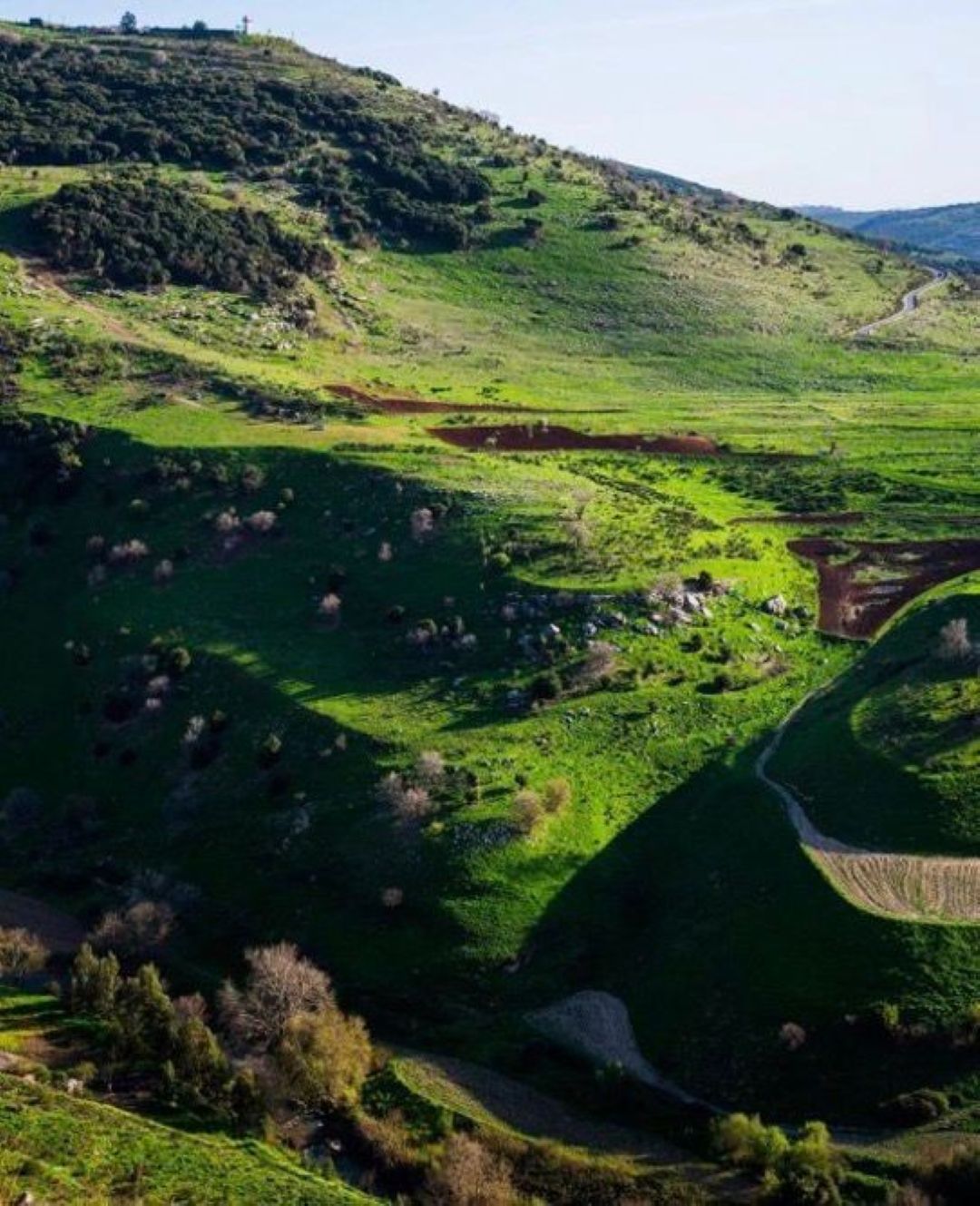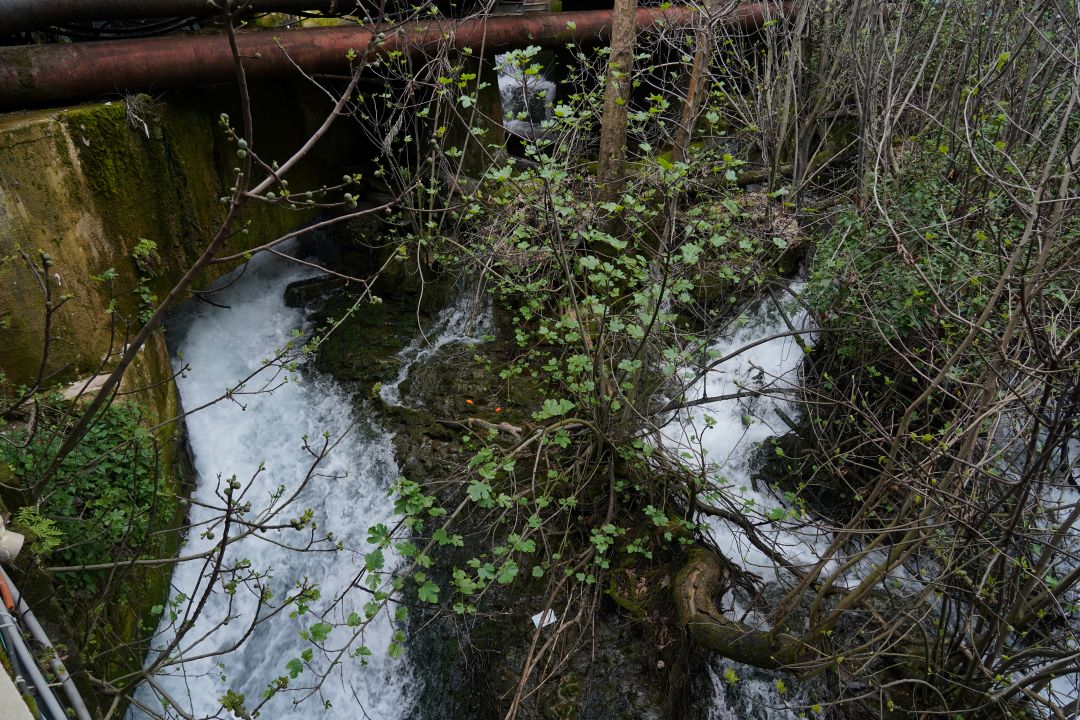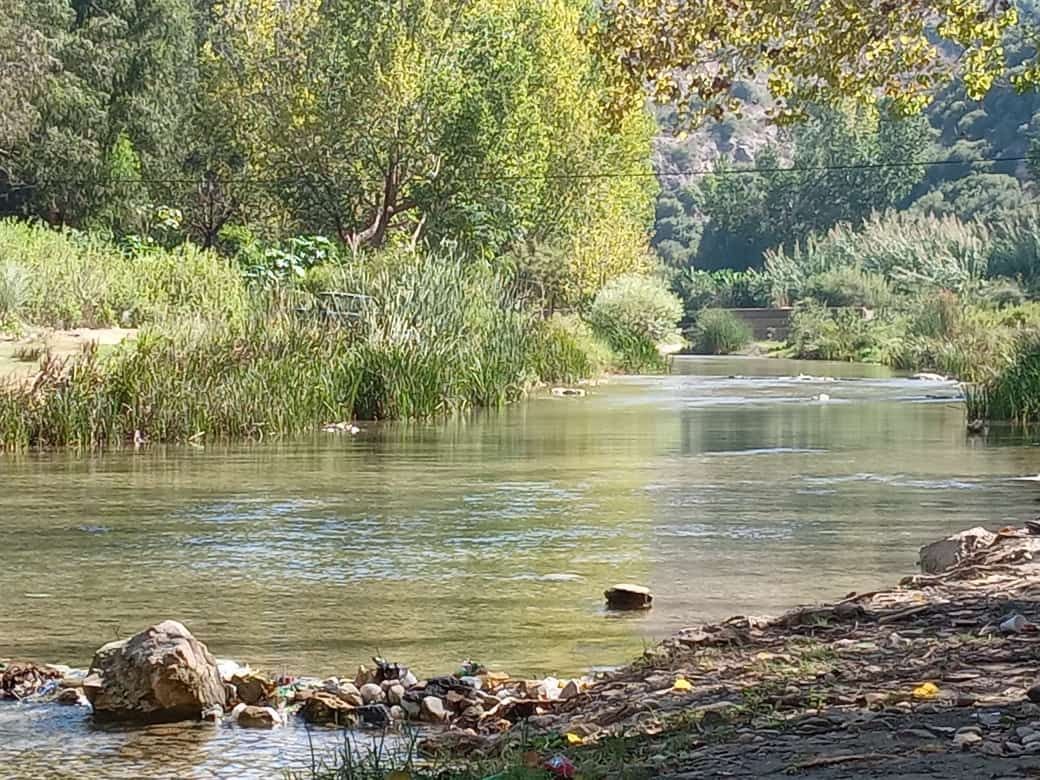In Lebanon, as in many Mediterranean countries, the planning and management of natural resources underpinning water, energy, food security and ecosystems preservation are fragmented across different institutions and poorly coordinated. Cross-sectoral planning is hindered by numerous challenges such as the lack of reliable and up-to-date data such as for example the lack of accurate and comprehensive data relating to the quality and quantity of water resources as well as competing demand for human consumption and environment needs. As a result, governing bodies cannot formulate informed policies, strategies and investments for water allocation, jeopardizing the -already very fragile- food security of the country.
Phase II of the WEFE Nexus Assessment for Lebanon, implemented under Child Project 2.2 “Mediterranean Coastal Zones: Managing the Water-Energy-Food-Ecosystems Nexus” (the Project), of the GEF UNEP/MAP Mediterranean Programme provides a detailed assessment of options for the optimization of water allocation between competing uses aiming to enhance the country’s food security. Moreover, as per its conception, one specific objective of the Assessment is also to contribute to Integrated Coastal Zone Management (ICZM) efforts in the country, including the ICZM Strategy preparation under Child project 2.1 “Mediterranean Coastal Zones: Water Security, Climate Resilience and Habitat Protection””.

Phase I – Solutions to interlinked challenges through the application of the WEFE Nexus approach within the Source-to-Sea continuum
Phase II will build on the achievements of Phase I Nexus Assessment conducted by GWP-Med as part of the WEFE Nexus Policy Dialogue launched in Lebanon during 2022 in the framework of Child Project 2.2.
Aiming to address the challenges to integrated natural resources management that the country is experiencing and that reflect on limited water, energy, food security and ecosystems preservation, Phase I Nexus Assessment evaluated current interlinkages among sectors, in terms of both governance and management and identified significant policy and thematic areas where trade-offs exist among sectors.
To address these priority interlinkages and achieve substantial improvements in the condition and performance of the WEFE sectors, Nexus solutions with relevant cross-sectoral benefits were identified as effective strategies for attaining four primary objectives.
- Enhance energy sector’s planning and closing the energy gap
- Protect and enhance water resources management in Lebanon
- Enhance sustainability of agricultural production & food security
- Protect ecosystems from anthropogenic pressures
Moreover, an additional goal to enhance WEFE Nexus governance and coordination among relevant stakeholders was also highlighted, as a means to enable, strengthen and facilitate implementation.
Phase I It was the result of a highly inclusive and collaborative process through stakeholders’ consultations and meetings with all those directly involved with the Water, Energy, Food and Ecosystems sectors. This has also effectively contributed to the formation of a WEFE Inter-Ministerial Group, serving as the governing body for the WEFE Nexus Dialogue in Lebanon. The regular meetings of this Group are currently hosted by the Ministry of Energy and Water and facilitated by GWP-Med. Its members consist of nominated representatives from various institutions related to water, energy, food, and the environment (WEFE). Additionally, other Ministries and high-level National authorities have expressed their interest in participating in a dialogue focused on the WEFE Nexus, which aims to facilitate effective coordination between sectors.
Phase II- Applying Integrated Water Resources Management to assist in Lebanon’s food security

The key objective of Phase II WEFE Nexus activities is to assist decision-makers and relevant stakeholders in Lebanon to assess options and scenarios for the optimization of water allocation between competing uses at the River Basin level. To this end, five key “agricultural” river basins for the country have been chosen, whereby the project aims to improve food security, optimize irrigation for water and energy savings, and secure ecological flows.
This is directly related to the lack of reliable hydrological and hydrogeological data which affects the development of a comprehensive national water balance in the sector (NWSS) and impedes the planning process within sectors. According to the new water law of Lebanon (77/2018 and its amendments 192/2020) planning has to be goal-oriented, context-specific and based on an Integrated Water Resources Management (IWRM) approach at the River Basin level.
To achieve the above goal, specific indicators are selected that can assist planners and decision-makers in understanding the interconnections between different natural resources and the various scenarios that will be created as part of the assessment. The selected indicators should facilitate the interpretation of interdependencies related to Water-Energy-Food-Ecosystems resources at the River Basin level following the Source-to-Sea approach adopted in the framework of the WEFE Nexus work in Lebanon. Indicators may include a water use efficiency indicator which calculates the m3 of water per unit of agricultural and energy output or even composite indicators that provide insights in the interdependencies between basin management and coastal zone. The above methodology will support the Integrated Coastal Zone Management efforts undertaken in the country, through for example the revision of the ICZM Strategy.
Ultimately, the Nexus Assessment under Phase II will enhance and promote an integrated and coherent approach in the design and prioritisation of policy options and interventions, based on updated and reliable data, aiming to ensure the maximization of overall benefits across sectors. In order to do so, the Assessment will provide input on the availability of water resources at the River Basin level and the overall water needs for different human activities and the environment. For the agricultural sector it would pinpoint the appropriate crops for cultivation, taking into account factors such as land characteristics, available water resources (quantity and quality), and climatic conditions and how these may be influenced by climate trends.

It will assess water resources (in time and space) required for irrigation, based on crops needs and assist decision-makers to prioritize support for priority crops – key for the country’s food security - through specific policy measures (such as incentives etc.) and sustainable practices. Moreover, it will Identify needs for irrigation infrastructures for priority crops, ‘climate proofing’ water infrastructures and future investments that promote food security and sustain freshwater and estuarine ecosystems and the livelihoods that depend upon them by securing ecological flows. Finally, in order to assist the ICZM efforts in the country, it will also provide a more detailed analysis in relation to the coastal area pertaining to the five River Basins that will be assessed, with focus on urban and agricultural areas and coastal/marine ecosystems, such as estuaries.
The Assessment will rely on strategic foresight tools, including modelling and scenarios planning that provide information on future trends and developments such as for example water availability based on climate trends. The modelling exercise will focus on five River Basins in Lebanon that are key for food security. During the implementation of the Assessment input and guidance will be sought from the WEFE Inter-Ministerial Group which facilitates collective engagement to prioritize common solutions across all four WEFE Nexus sectors. This will ensure that the activities suggested are in line with the most recent national strategies and priorities, considerations from all relevant Nexus sectors are incorporated, and synergies with other ongoing initiatives are built. During the Assessment’s development, all relevant stakeholders, including representatives from Ministries, agencies, local and regional authorities, academia, research institutions and civil society among others, will be consulted in order to validate its findings and proposed solutions.
As a result, the finalisation of Phase II of the Nexus Assessment in Lebanon will strengthen national food security by evaluating options to optimize water allocation among competing uses.
(c) Litani River Authority
